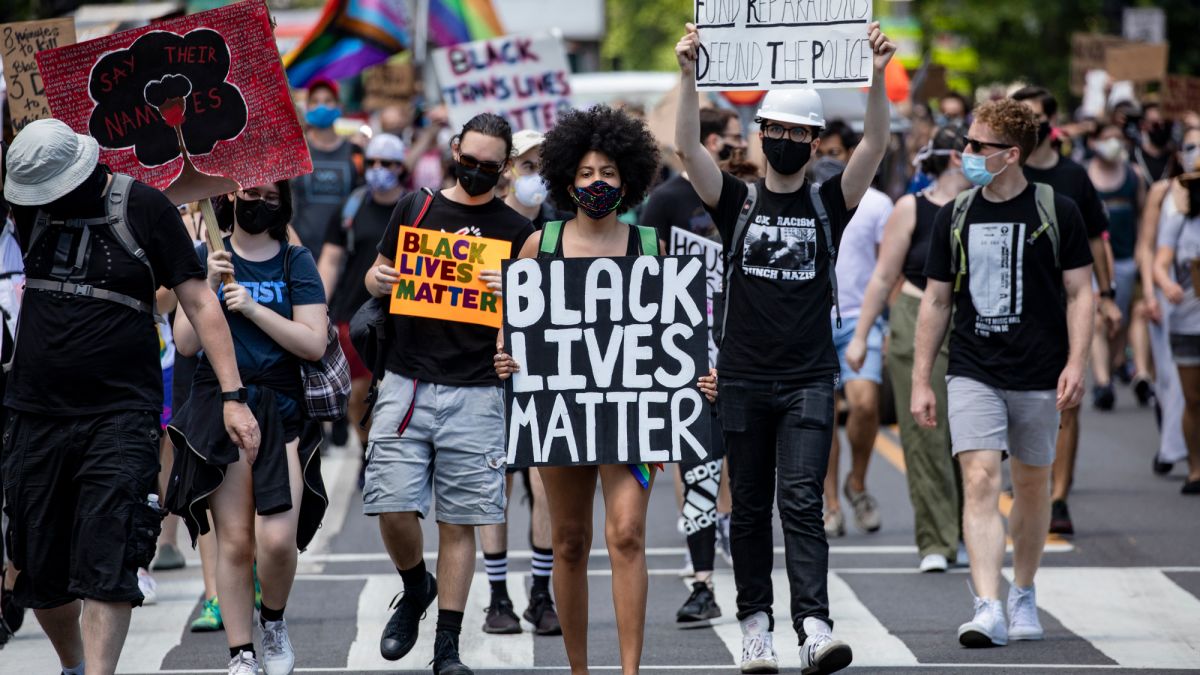History of The Jersey Corn Riots
In 1767 protests raged against the exportation of grain from the Island. Anonymous threats were made against shipowners and a law was passed the following year so that all available corn was kept in Jersey. In August 1769 the States repealed this law, claiming that crops on the Island were plentiful and this meant that the Act was no longer necessary. There was no known loss of life, many came armed with sticks and clubs, and an usher was thrown over the court railing during the disturbance.

Acts of resistance started taking place. A corn ship about to export goods was raided by a group of women who demanded that the sailors unload their cargo and set about selling it on the Harbour, giving the proceeds to the owner of the vessel. All of the events paved the way for major political reform on the island. In the reform, known as the Code of 1771, the Royal Court was stripped of its legislative powers, meaning that from 1771, only the States Assembly could create laws.
The Power Of Protest
‘People! Power! Protest!’ explores the story of protest in Jersey, from the Corn Riots of 1769 to the Black Lives Matter movement of 2020.
Jersey has a fascinating history of protest on the Island and the theme of the exhibition coincides with the 250th anniversary of the Code of Laws that was introduced in response to the Corn Riots. Many items from these protests are displayed t the exhibit it shows the hardships that people from many generations have had to go through. One of the items showcased is the official 18th-century court records showing the redacted demands of the Corn Riots protestors, and the petition signed by thousands of people to try and save Queen’s Valley from being flooded in the 1980s.
As you walk into the exhibit you’ll see a stunning graffiti-style entrance wall of ‘People! Power! Protest!’ designed by James Carter, of Midnight Industries.
Affects of the corn riots at the time
The Corn Riots was essentially a time when in Jersey the majority of the land was owned by a family called the Lempriere family. They were exporting corn which was Jersey’s main source of food, over what they needed which meant that the people of Jersey were going hungry. The price of corn was increased and the price of rent was increased. People had enough with the Lempriere family and decided to riot in the Royal Square, they had marched from Trinity picking up parishioners on the way, they had marched into the Royal Court and ordered that their demands be written in the Court Book. The Lempriere family decided they didn’t want to make any of these changes, so they went to London to present the rioter’s problems to the King. But the King decided that the demands should be removed from the Court Book, Locals were furious, but £100 was offered to any rioters who turned another in so many people had changed sides.

Black History Month
October is Black History Month and is especially significant following the death of George Floyd in 2020. His death sparked protests around the world on racism, inequality and police brutality.
The movement began in July 2013, with the use of the hashtag #BlackLivesMatter on social media. after the acquittal of George Zimmerman in the shooting death of African-American teen Trayvon Martin 17 months earlier in February 2012. In the 2020 protests, an estimated 15 million to 26 million people participated in the 2020 Black Lives Matter protests in the United States, making it one of the largest movements in the country’s history.

